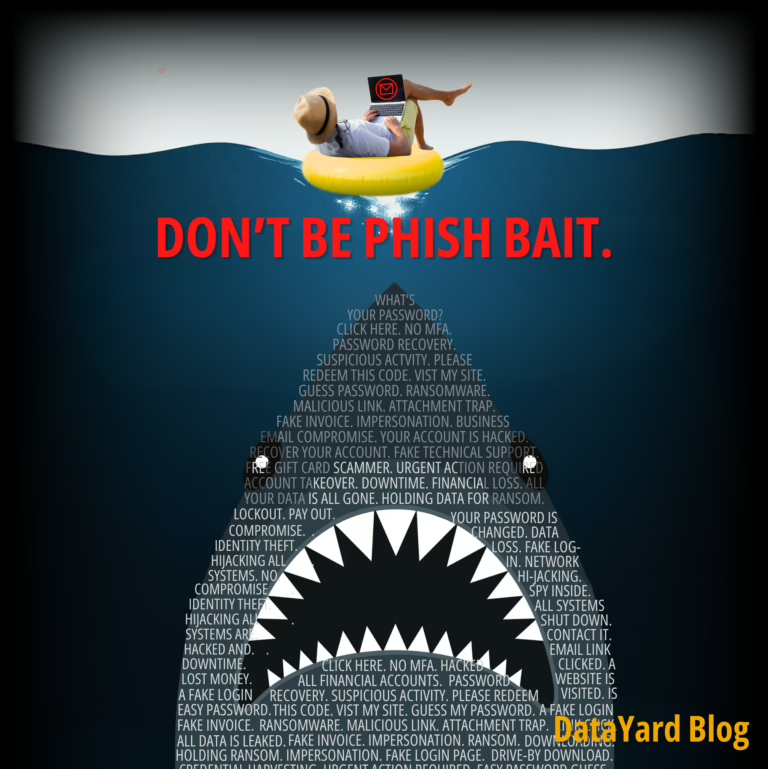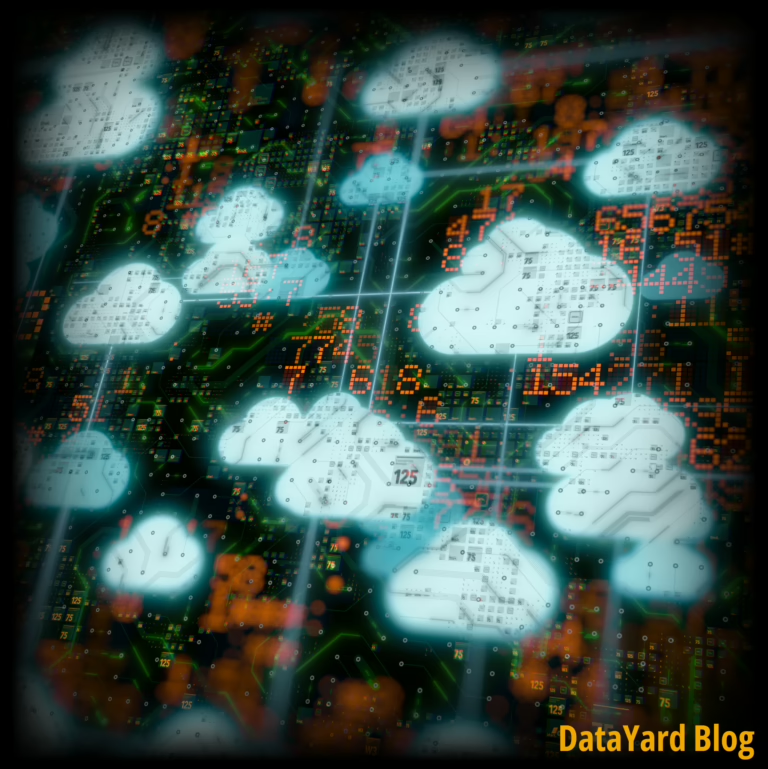If you are reading this, you’ve likely at least heard of the term “VPN”. It’s possible you’ve even used a VPN without fully understanding what it is. Today, we’re going to not only explain what a VPN is, but also why they can be very beneficial in today’s cloud-based world.
VPN stands for “virtual private network”. While they were once mostly used by IT professionals (and maybe those looking to mask their digital activity), VPNs are very common in today’s interconnected business world, especially as remote working has become a regular part of life. With critical data being shared and accessed from different places across the world, privacy and security needs to be a top priority.
A VPN can help with that.
What exactly is a VPN?
Before we dive into what a VPN is, we need to establish some context.
When you’re connecting to the internet at work, you’re (hopefully) connecting through a secured network operating off a local server. This server, among other things, acts as a buffer between your company devices and the internet. It should be equipped with a firewall and configured so that only the appropriate information can enter or exit it.
This provides vital protection for your data while providing your employees with the access they need.
When someone connects to the internet from their home, however, they’re most likely going straight from their device to the internet. Yes, there’s their local router and modem, but outside of a basic password set for Wi-Fi, there likely isn’t anything in the way of protection.
While this is generally fine for personal internet usage, it can become a problem when private work information is being shared or accessed. This is where a VPN comes in.
A VPN is a server that you connect to remotely. Once connected to the VPN, you can then browse the internet, access information on your company’s network, etc. in a secure environment. It’s essentially the same as if you were connecting to your office’s secured network, except you’re doing it across an external internet connection through a process known as tunneling.
The actions you take, the data you share, and the places you visit are all encrypted through the VPN.
Why Do You Need a VPN?
The primary benefit of a VPN is enhanced cybersecurity. As we mentioned, all data sent across a VPN is encrypted. That means even if a hacker was able to get to the data you’re sharing, it would be undecipherable to them. VPNs are especially useful when people are utilizing public internet such as in a Starbucks, where you don’t know who else might be on the network.
With so much work done on the go or remotely, VPNs offer critical security for an affordable price. For most businesses, it’s the best way to manage employees’ online activities when they’re working out of the office.
It also provides a safe way for employees to access information kept on your company’s server.
VPNs Aren’t Foolproof
While a VPN is a great addition to your cybersecurity arsenal, they have their limitations. Additionally, when implemented poorly, VPNs can tax your server speeds and result in slow performance. That’s why it’s best to implement VPNs as part of a larger digital strategy for your business.
At DataYard, our IT consultants in Dayton, Ohio can help create a proper digital strategy, including setting up VPNs, identifying weak points in your cybersecurity, rolling out updated protocols, and more. If you’re serious about improving your company’s security and technological prowess, contact DataYard today.





